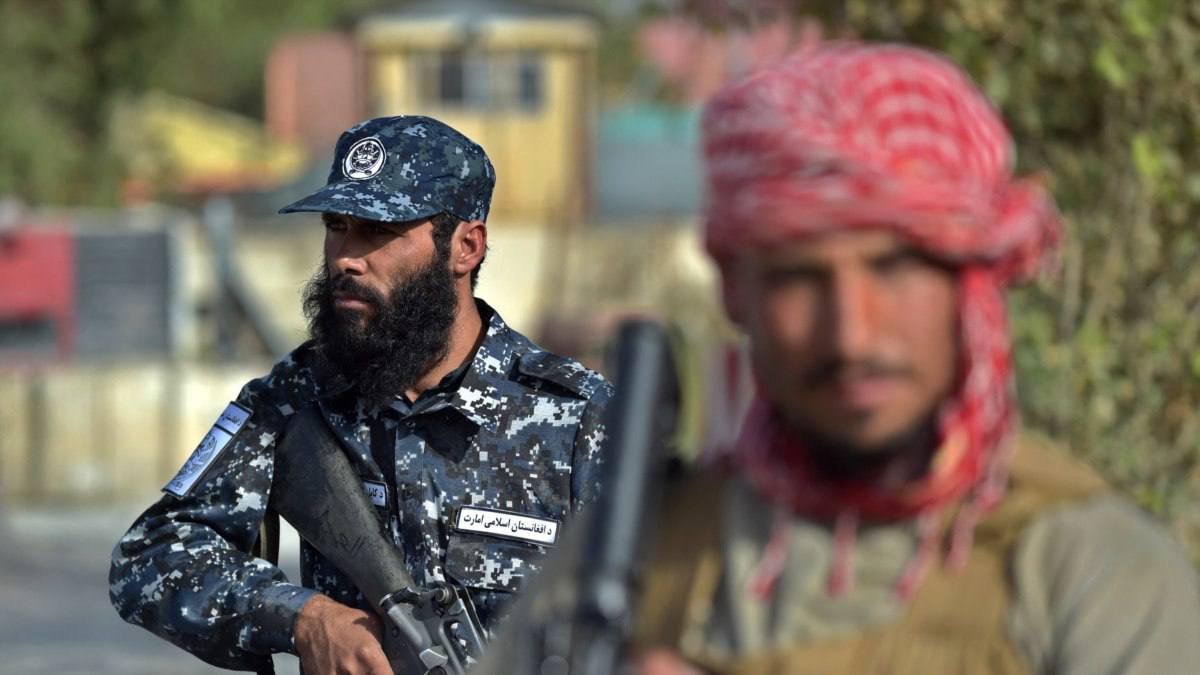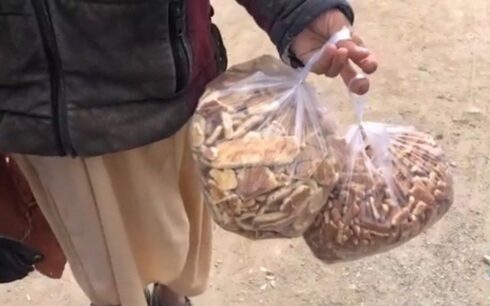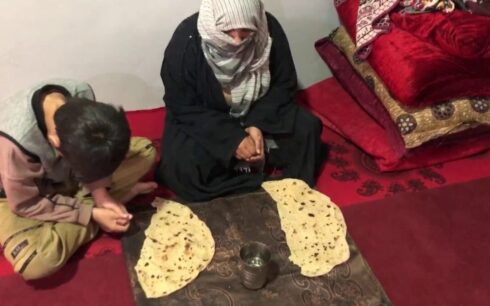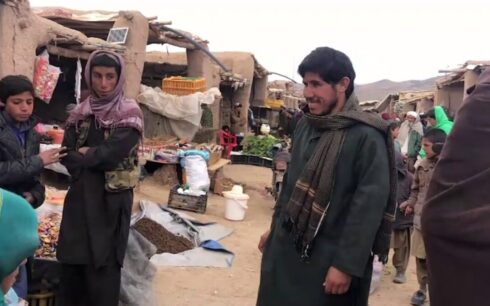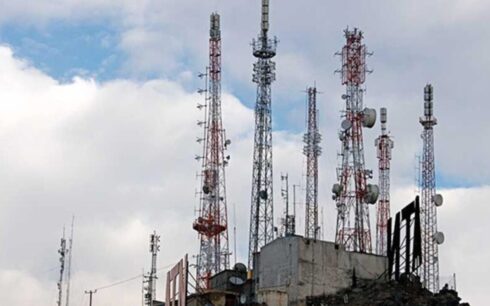HERAT, Afghanistan — Residents in the western city of Herat marked Eid al-Fitr with traditional celebrations and family visits, even as Taliban authorities imposed heightened security measures and economic hardship cast a shadow over the holiday for many.
The three-day festival, which signals the end of Ramadan, was observed under a visible security presence. Taliban forces deployed heavily across the city, conducting vehicle inspections and manning checkpoints. Armed patrols were prominent, though residents said the group refrained from enforcing dress codes or interfering in other personal matters during the festivities.
“There were more Taliban fighters in the city than usual, but they didn’t bother anyone about their beards or clothes,” one Herat resident told local media. “They were focused on inspecting vehicles. Fortunately, there were no security incidents reported during the holiday.”
Despite the tight security, many families embraced the spirit of Eid. Children collected traditional “Eidi” gifts from relatives, and families gathered to honor Herat’s long-standing cultural customs.
“Today is Eid, and I’ve collected a lot of Eidi,” said Milad, a young boy in Herat. “I wish it were always Eid.”
Another resident added: “We visited relatives, and everyone gave Eidi. I wish Eid would never end.”
But further from the city, in the rural province of Badghis, the celebrations were more subdued. Families there spoke of deepening poverty, unable to afford even basic festive foods.
“Come and see our home—there is nothing,” said Abdul Malik, a resident of Badghis. “We collected two sacks of flour from neighbors. We’ve eaten that, and now we have nothing left.”
The contrast highlights the growing economic divide across Afghanistan. While the Taliban tout nationwide security, humanitarian groups continue to warn of a worsening crisis, as millions face food insecurity and unemployment. Still, for many Afghans, Eid remains a time to briefly set aside hardship in search of joy, no matter how modest.

